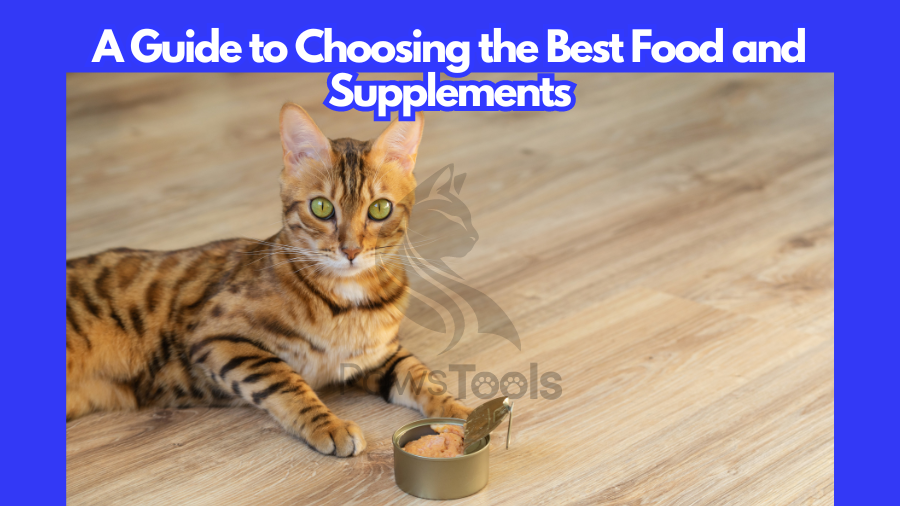
Taurine has garnered attention in recent years, especially after suspicions arose linking grain-free diets to heart diseases in dogs, specifically dilated cardiomyopathy (DCM). Initial theories suggested a taurine deficiency due to these diets. Although research is ongoing and theories have evolved, taurine remains a crucial consideration in canine nutrition. Here’s a guide to understanding taurine and identifying natural sources to ensure your dog gets enough.
What Is Taurine?
Taurine is an amino acid, often termed the “building blocks” of proteins. Out of the 22 amino acids required for bodily functions, 12 are nonessential, meaning the body can synthesize them. The remaining 10, known as essential amino acids, must be obtained through diet. Taurine, while considered nonessential because dogs can synthesize it, is critical for various bodily functions, including cardiac, eye, skin, coat, reproductive, liver, and immune system health.
How Much Taurine Do Dogs Need?
Determining the exact taurine requirement for dogs is complex. Factors such as age, breed, and health status influence a dog’s ability to synthesize taurine. Only a veterinarian can accurately assess a dog’s taurine needs through specific tests and provide tailored recommendations. Generally, it’s difficult to overdose on taurine from natural food sources, so incorporating taurine-rich foods is a good practice.
Top 7 Natural Sources of Taurine for Dogs
- Fish
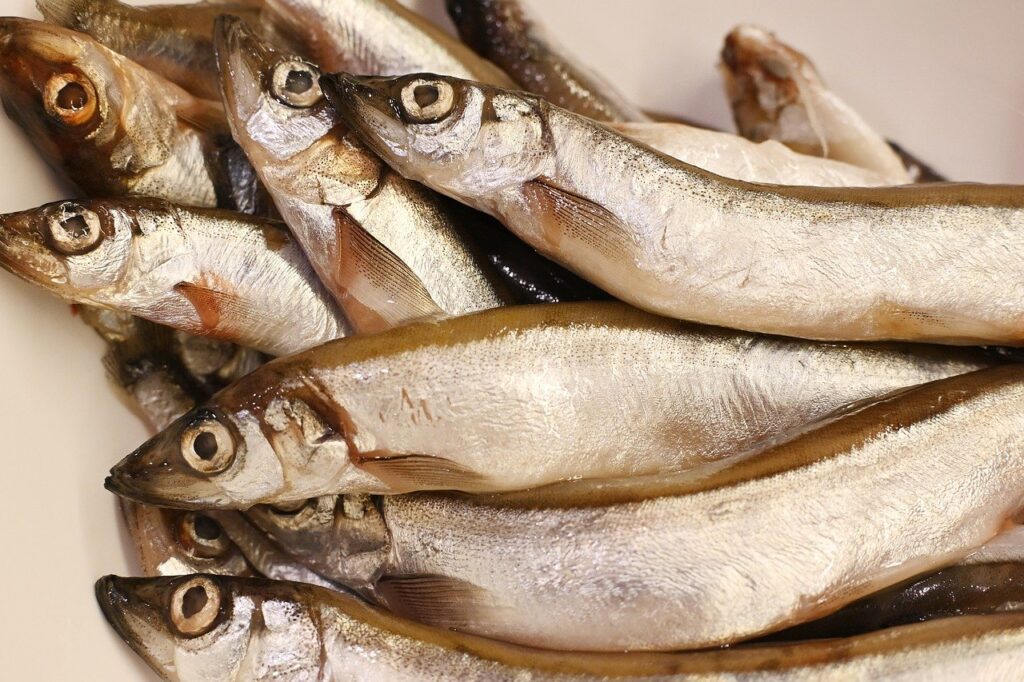
- Fish are excellent sources of taurine, particularly cold-water varieties like salmon, tuna, sardines, rainbow trout, and sea bream. Tuna is especially high in taurine, with about 332 mg per 100 g of meat.
- Shellfish
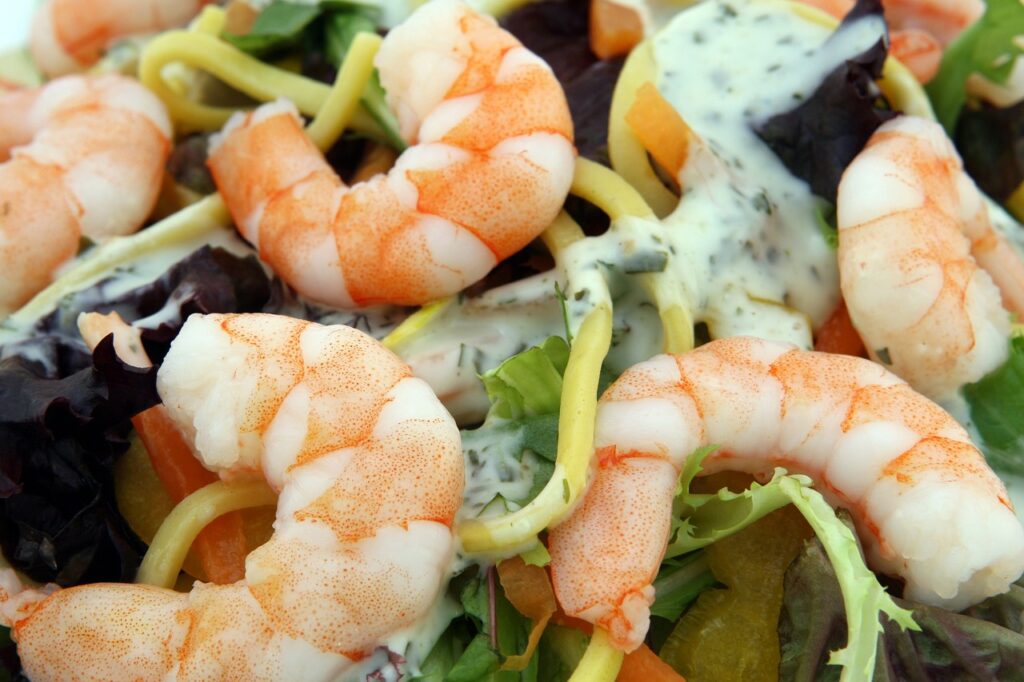
- Shellfish such as oysters, clams, scallops, and mussels are rich in taurine and can be a novel protein source for dogs with common protein allergies.
- Eggs

- While the taurine content in eggs can vary based on the hen’s diet, they remain an affordable and lean protein source. Chicken, duck, quail, and goose eggs are all viable options, though whole raw eggs should be fed in moderation to avoid biotin deficiency.
- Poultry

- Dark meat from poultry, such as chicken thighs and drumsticks, is higher in taurine compared to white meat like breasts and wings. Turkey and duck are also good sources.
- Red Meat
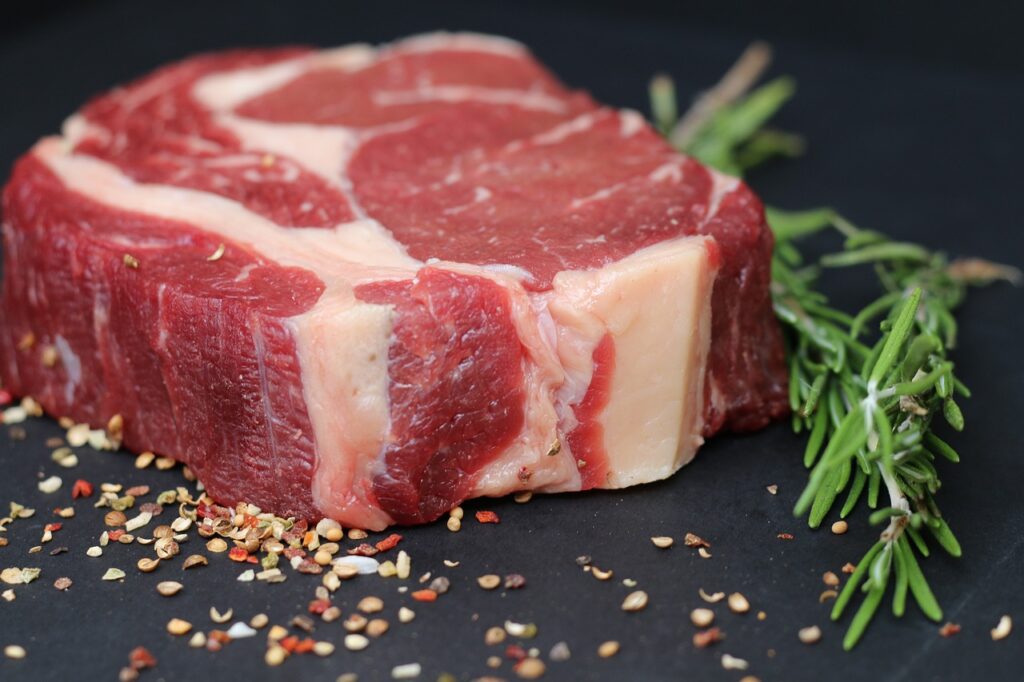
- Red meats like beef, lamb, and pork are rich in taurine but should be fed in moderation due to their higher calorie and fat content. Raw lamb muscle meat has about 310 mg of taurine per 100 g.
- Organ Meat
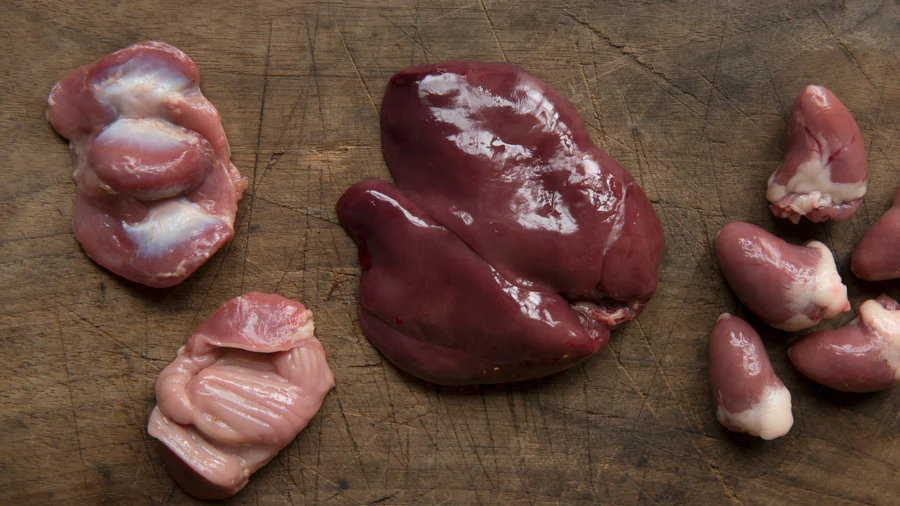
- Organ meats, particularly heart and liver, are nutrient-dense and high in taurine. Chicken liver has around 110 mg of taurine per 100 g, compared to beef liver’s 68 mg.
- Goat’s Milk

- Although lower in taurine than other sources, goat’s milk is easier for many dogs to digest than cow’s milk and contains probiotics. It should be given in moderation due to its high calorie and fat content.
In Conclusion
Most dogs do not require taurine supplementation, but a balanced diet meeting AAFCO guidelines will ensure they get the necessary nutrients. While the connection between grain-free diets and DCM is still under investigation, providing a protein-rich diet supports overall health and taurine levels. Consult your vet to determine if your dog needs taurine supplementation and to get personalized dietary advice.




